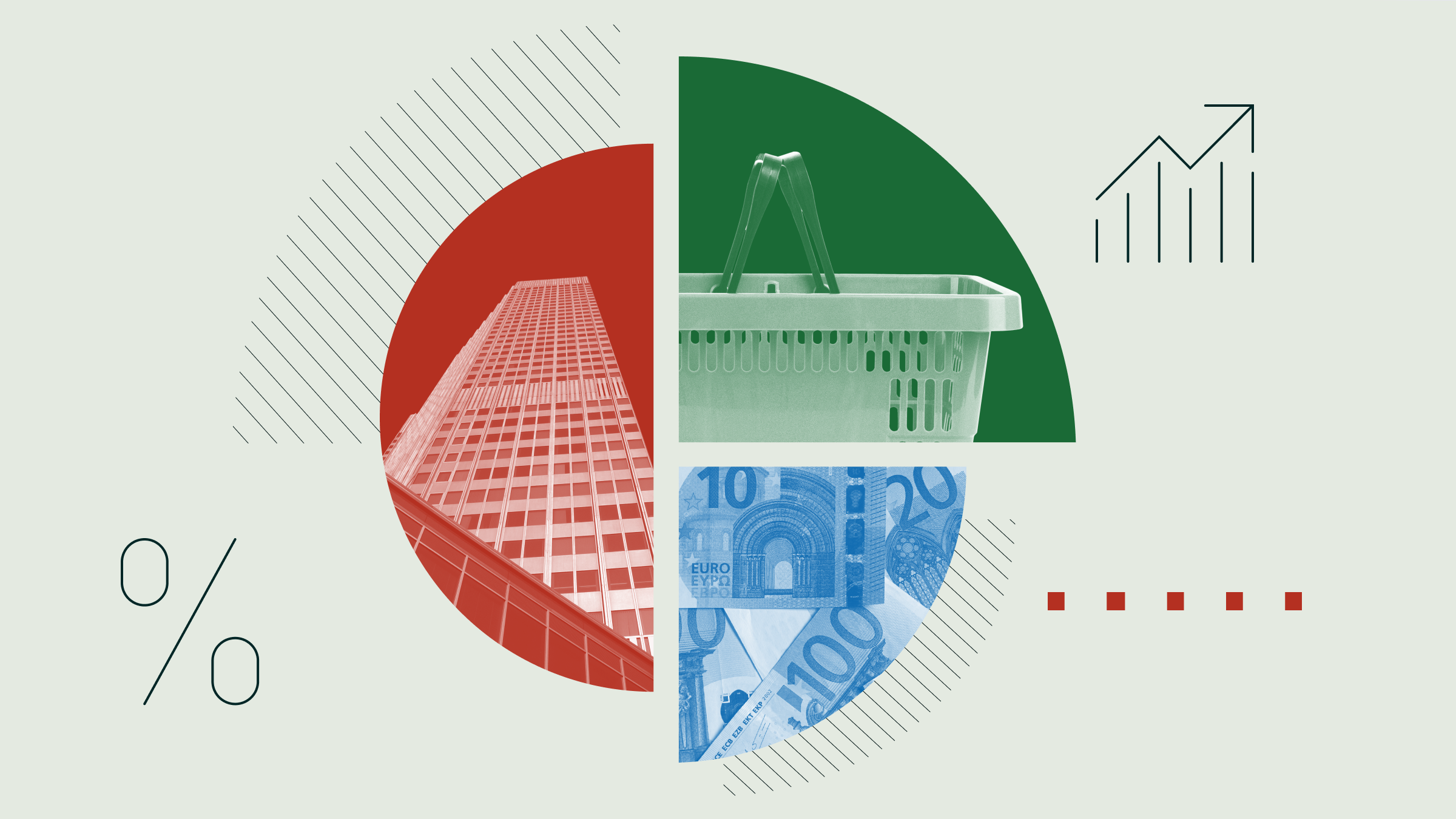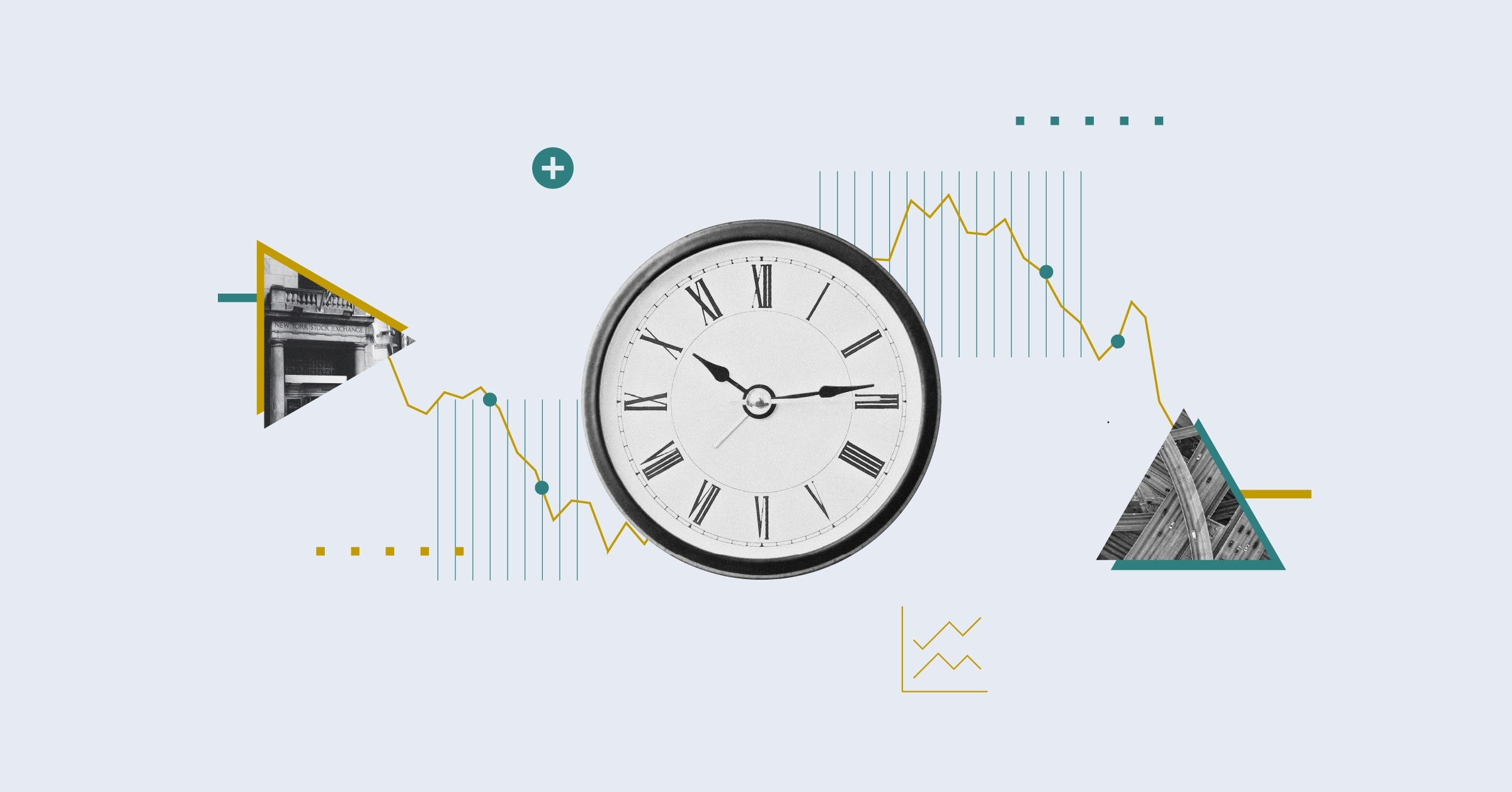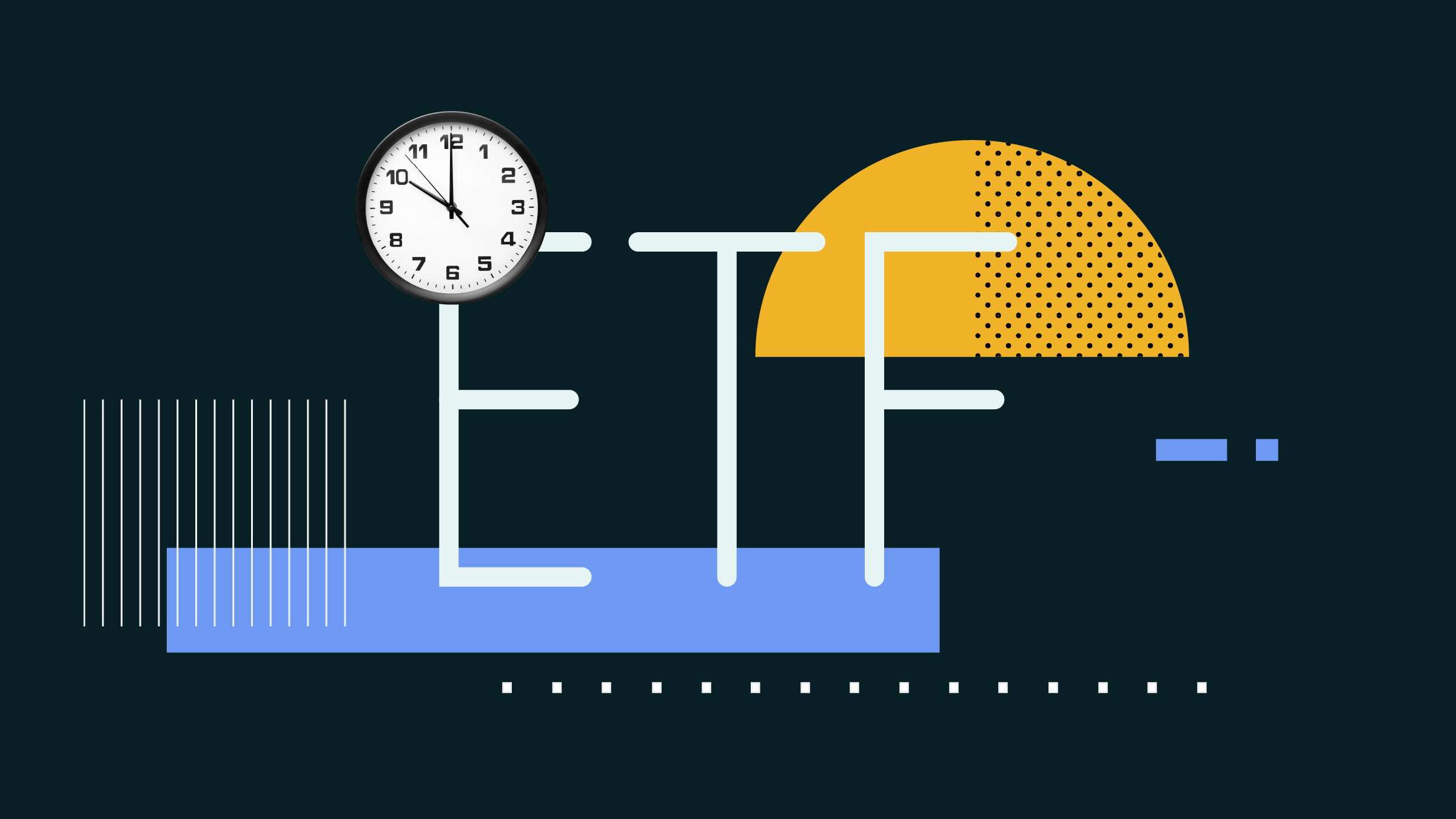Rolle im Portfolio
The Comstage DAX TR UCITS ETF provides exposure to German large-capitalisation equities, and can be used as a core holding for investors looking to build a German-centric portfolio. The DAX is universally seen as the benchmark for the German stock market despite the fact that all its constituents are multinational companies generating revenues around the world. In fact, many of the represented companies generate far less than 50% of their revenue within Europe. As such, this investment can also be seen as a passive play on the pan-European and/or global economy with a German bias. Over the past five years, the DAX has shown a 92% correlation to the widely-held EURO STOXX 50 and an 85% correlation to the MSCI World.
The fund can also act as a tactical tool to overweight German equities within a diversified portfolio. However, it is important for investors to examine the index’s constituents. Like many single country indices, the DAX is fairly top heavy, with the top 10 constituents accounting for almost 70% of its value. The largest holding is Bayer, which accounts for about 10% of the portfolio. Financial companies – consisting mainly of Allianz, Deutsche Bank and Munich Re – account for about 15% of the index.
Fundamentale Analyse
The DAX is not the best proxy for the German domestic economy. While big companies like BWM or Bayer generate most revenue abroad, more relevant companies to gauge the health of German domestic demand, such as Aldi, Bertelsmann or Sparkassen, are not listed on the DAX.
Due to this international focus, DAX companies are highly dependent on the global economic health and the currency exchange. A strong Euro versus currencies of Germany’s main trading partners outside the Eurozone would negatively impact exports, thus reducing revenue and weighing on DAX valuations.
Closer to home, developments in the still slow-growing Eurozone are also important. In most eurozone countries, inflation is running well below the ECB’s 2% target. A deflationary spiral would have a negative impact on the economy, as companies would stop investing and hiring and consumer would postpone bigger investments. This would also hurt Germany’s export growth.
That said; developments in Germany also need to be taken into consideration. Of particular concern are long-term demographic trends, with the current birth rate and net migration unable to offset a net drag in population. According to the OECD, demographic pressure could reduce Germany’s potential economic growth to below 1% within a decade. Much higher investment in physical and human capital will be necessary to support productivity growth. As of now, despite the accumulated current account surpluses, investment has dropped from 21.5% of GDP in 2000 to 17.2% in 2013.
As the DAX hovers around record levels around 10.000, some market pundits are sounding cautious about its outlook. However, the prospects for some of its key represented sectors look encouraging. For example, the prospects for German carmakers – the second largest sector in the DAX, but the country’s most important economic sector – look rather positive. Carmakers’ stock prices have benefited from strong sales growth in emerging markets. And now that the Chinese market cools off and the Ukraine crisis has dampened the outlook for Russia, car sales in Europe are rising steadily to offset, and now take second place behind Asia-Pac in terms of sales growth.
German carmakers represent about a third of all passenger cars manufactured and over a quarter of all new registration in Europe. The sector’s technological strength, combined with its innovative business network, perfectly position it to benefit from the new trend towards improved engine energy efficiency and developing alternative drive technology.
Meanwhile, companies in the chemical sector – the largest sector in the DAX – generally operate in a highly cyclical environment and are subject to fluctuating commodity prices. Germany is the world’s largest chemical exporter, including DAX heavyweights like Bayer and BASF. Germany represents around 10% of global chemical exports. The trend away from mass commodity or bulk chemistry towards fine & speciality chemical – including the development of “new” raw materials - offers great opportunities for Europe’s technology-driven and chemical industry, with Germany’s chemical companies in particularly expected to benefit.
Indexkonstruktion
The DAX index comprises the 30 largest companies trading on the Frankfurt Stock Exchange and represents approximately 80 % of the free-float adjusted market capitalisation of the Prime Standard Segment. The value of the DAX is based on free-float market capitalization and trading volumes. The weighting of an individual constituent is limited to 10% of the index’s value. The index weightings are reviewed quarterly and the index’s composition is reviewed once a year in September. The DAX is one of the few major country indices that is calculated on a total return basis, i.e. dividends are constantly reinvested into the index. Chemicals are the primary sector represented, with a 24% weighting, followed by automobiles & parts (18%), and industrials (14%). Bayer is the largest component of the DAX, with a 10% weighting. Rounding out the top three constituents are BASF and Siemens.
Fondskonstruktion
ComStage ETF DAX TR uses synthetic replication to track the performance of the DAX total return index. The fund holds a basket of securities, whose performance is given away to the swap counterparty Commerzbank in exchange for the performance of the DAX. The basket of securities consists of European equities (usually Euro Stoxx 50 or DAX companies) and is reviewed and marked to market daily. Swaps are reset three to four times per year and when¬ever there is a creation/redemption. Instead of resetting the swap when it has a positive marked-to-market value, ComStage requests the swap counterparty to post collateral in between resets. This serves to mitigate counterparty exposure. Collateral is adjusted on a daily basis to ensure that 105% collateralisa¬tion of the swap exposure is maintained at all time.. The swap collateral consists of German, UK and/or French government bonds. Currently only German government bonds are used. Up to 100% of the securities held by the fund can be lent to Commerzbank for a fee which will be fully passed back to the fund. While this securities lending activity can help improve the fund’s return, it can also introduce additional counter¬party risk at the fund level, To protect the fund in the instance of Commerzbank defaulting, borrowed positions are fully collateralised with German bonds. The fund’s substitute basket is held in a segregated account at the custodian BNP Paribas Securities Services and moni¬tored daily by ComStage’s management company, Commerz Funds Solutions SA (a Commerzbank’s subsid¬iary), as well as the custodian. Collateral is held by Commerzbank in a segregated pledged account at Clearstream Banking, Luxembourg.
Gebühren
ComStage ETF DAX TR levies a TER of 0.08%, the lowest expense ratio amongst ETFs tracking the DAX. Other potential costs associated with holding this fund which are not included in the TER include swap costs, bid-ask spreads and brokerage fees.
Alternativen
The DAX is one of the most widely tracked benchmarks by ETFs in Europe, so there is no scarcity of alternatives for investors. Providers including iShares, Lyxor, Deka and db x-trackers offer DAX ETFs at total expense ratios ranging from 0.09% to 0.16%. Of all these, the iShares DAX (DE) remains the most popular, as measured by assets under management, and the most heavily traded on the Frankfurt Stock Exchange, as measured by 3-month average daily trading volumes. The iShares fund charges a comparatively high TER of 0.16% and does not distribute dividends. As the ComStage ETF accumulates dividends, income-seeking investors could take a look at Deka DAX Inc, which distribute dividends to fund holders.
Die in diesem Artikel enthaltenen Informationen dienen ausschließlich zu Bildungs- und Informationszwecken. Sie sind weder als Aufforderung noch als Anreiz zum Kauf oder Verkauf eines Wertpapiers oder Finanzinstruments zu verstehen. Die in diesem Artikel enthaltenen Informationen sollten nicht als alleinige Quelle für Anlageentscheidungen verwendet werden.

















